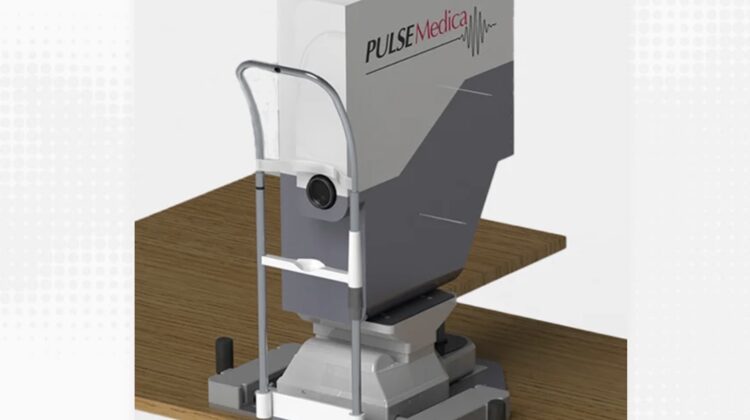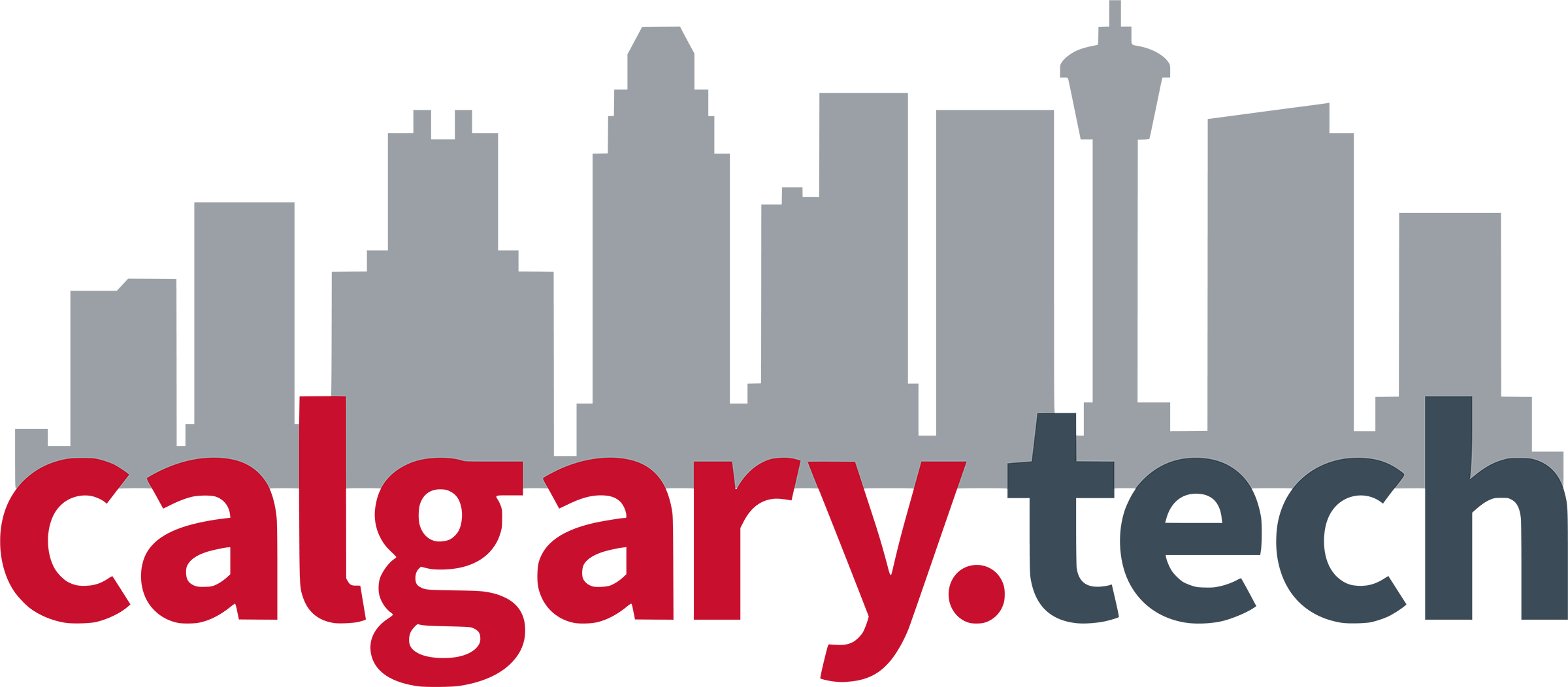
This summer, Google celebrated the fifth anniversary of the Canadian edition of the Google for Startups Accelerator program.
And same as every other year, Google put out a call for Canadian tech startups—this round, with a focus on firms leveraging artificial intelligence.
“We were blown away by the quality of the applications we received, and worked hard to narrow it down to the 14 startups joining the class of 2024,” stated Iran Karimian, who functions as Head of the Accelerator & Startup Ecosystem for Google Canada. “We’re excited and inspired by the incredible work these startups are doing and we can’t wait to get started with them.”
Among the 14 selected Canadian startups is one from Alberta.
Based out of Edmonton, PulseMedica is working to develop the world’s first non-invasive platform to diagnose and treat vitreoretinal diseases, including eye floaters, age-related macular degeneration, and diabetic retinopathy.
The company’s platform integrates advanced imaging, machine learning, and femtosecond laser technology to deliver highly precise and automated treatments.
“Eye disease impacts hundreds of millions world-wide,” cofounder Nir Katchinskiy stated in May. “PulseMedica’s team is dedicated to improving the quality of life for millions experiencing visual disorders with unique diagnostics and treatments.”
Conceived in 2020, PulseMedica emerged from stealth earlier this year with a $12 million financing round, bringing its total raised to more than $16M.
The investment allowed PulseMedica to generate results from preclinical and clinical studies and accelerate the clinical validation of the startup’s floater imaging device.
“The financing will continue to help provide us with the ability to advance our platform and further validate its performance in a clinical setting,” said Katchinskiy, who hails from the University of Alberta.
The Google for Startups program provides three months of equity-free access to experts and technology.
“The cohort will receive mentorship and technical project support from Google and Google Cloud, deep dives and workshops focused on areas like product design, customer acquisition, and leadership development—and will tackle sprint projects focused on the development of their AI and machine learning technology,” explains Karimian.
Since launching five years ago, Google’s Canada program has observed more than 100 graduating companies raise a total of $400 million and hired 900 new employees, Karimian says.


Leave a Reply